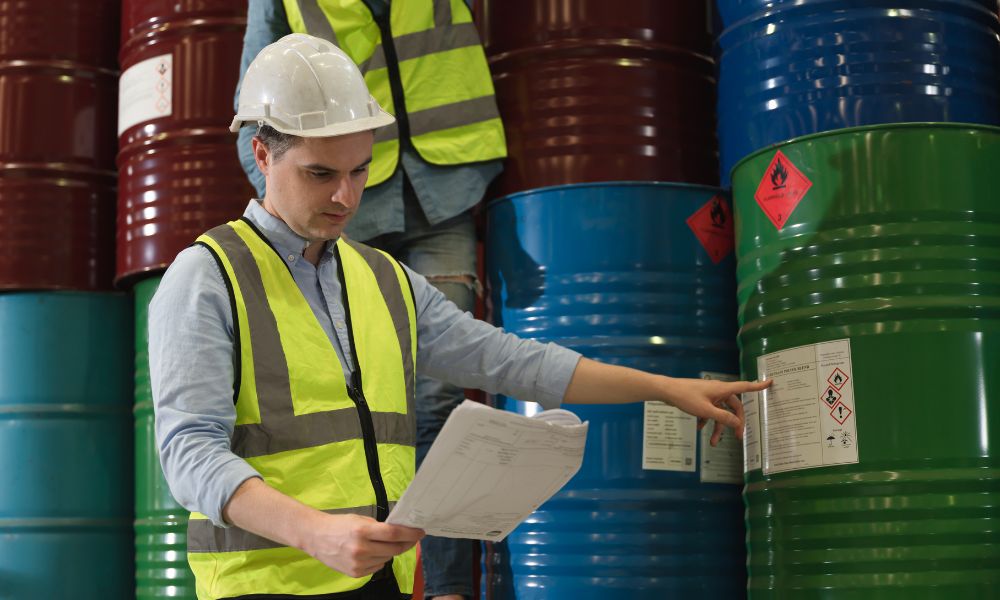
Gasoline is necessary for most households, whether used to fuel the family car or for lawn equipment and emergency generators. However, this essential commodity must be safely stored and handled according to industry standards. This guide to safely storing gasoline offers some helpful tips to minimize the risk of accidents or fire damage. Learn to be safe with your gasoline storage.
Proper Containers for Gasoline Storage
Using the appropriate container is one of the most crucial factors in safely storing gasoline. The container you use to store your gasoline must be approved by OSHA standards. The following are essential features:
- Made of metal or high-density polyethylene material
- Red in color for easy identification
- Clearly labeled as “gasoline”
- Fitted with a securely closing lid to prevent spills
- Capacity between 1–5 gallons for personal use
These approved containers are specifically designed to endure the chemical properties of gasoline and minimize the risk of ignition or spillage.
Safe Storage Locations
Another important step in our guide to safely storing gasoline is choosing the correct storage location. Your storage area should be:
- Well-ventilated to prevent the buildup of fumes
- Cool, but not freezing temperatures
- Dry and away from water sources
- Located away from living spaces
- Out of reach of children and pets
Ideally, gasoline should be stored in a detached shed or garage with a fire-rated door. Ensure this location is equipped with a fire extinguisher rated for gasoline fires, and avoid storing gasoline near heat sources, open flames, or electrical equipment.
Gasoline Shelf Life and Rotation
Did you know that gasoline has a limited shelf life? Over time, gasoline can degrade, causing it to lose its efficiency and even harm your equipment. Follow these tips to prevent degradation:
- Store gasoline for no more than 6 months
- Use a fuel stabilizer additive to extend the shelf life up to a year
- Regularly rotate your stored gasoline by using it in your vehicle or equipment before it degrades
Fire Damage Restoration Service
Despite taking all necessary precautions, accidents can still happen. In the event of a fire caused by improperly stored gasoline, it’s crucial to enlist the help of professional fire damage restoration services. These companies, like Redline Emergency Solutions, have the expertise and equipment to safely assess, clean, and restore your property after fire damage occurs.
As we conclude our guide to safely storing gasoline, remember that being informed and prepared is the key to preventing accidents and preserving the safety of your home and loved ones. From proper containers and storage locations to gasoline shelf life, these safety tips can help minimize the risk of fire damage. Should you need fire damage restoration service, don’t hesitate to contact Redline Emergency Solutions to help restore your property to its original condition.

